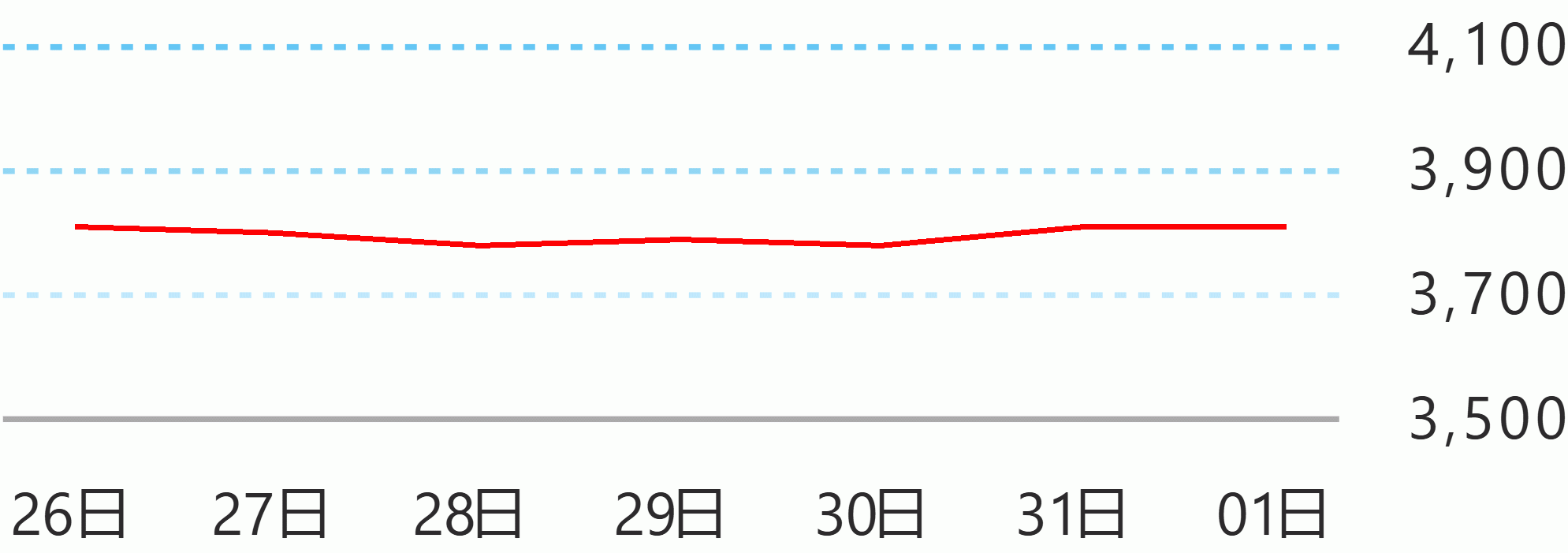The Supreme Court en banc, during its session on Tuesday, January 24 upheld the constitutionality of RA No. 10963, or the Tax Reform for Acceleration and Inclusion Act (TRAIN Act), which amended R.A. No. 8424, or the National Internal Revenue Code of 1997.
The Court, in a decision penned by Associate Justice Japar Dimaampao, dismissed the consolidated petitions in G.R. No. 236118 (ACT Teachers Representative Antonio Tinio, et al., v. President Rodrigo Roa Duterte, et al.) and G.R. No. 236295 (Laban Konsyumer, Inc., et al., v. Executive Secretary Salvador C. Medialdea, et al.) which argued, among others, that the TRAIN Act was unconstitutionally passed by the House of Representatives despite a purported lack of quorum, and that its provisions which imposed excise taxes on diesel, coal, liquefied petroleum gas, and kerosene, were prohibited regressive taxes.
The petitioners also argued that these same excise taxes were confiscatory and discriminatory against the poor and violated the Filipino people’s right to due process and equal protection of laws.
Thirteen justices voted to dismiss the petitions, one dissented, while the other took no part.
The Court held that the supposed absence of a quorum was belied by the official Journal of the House of Representatives, both on the day that the TRAIN’s Bicameral Conference Report was ratified and the immediately subsequent session on January 15, 2018.
As between the livestream video and photographs presented by the petitioners, and the Congressional Journal, the latter must prevail as to the events on the Congressional floor on that fateful day given that no less than the Constitution itself grants the Congressional Journal its imprimatur.
The Court also reiterated that the Constitution, in its present form, does not prohibit the imposition of regressive taxes, but merely directs Congress to evolve a progressive system of taxation.
Lastly, the Court ruled that petitioners’ contention that the provisions of the TRAIN Act are “anti-poor,” was not sufficiently proven and remained largely hypothetical.
Justice Alfredo Benjamin Caguioa registered a dissent, while Justice Ricardo Rosario was on wellness leave.
The Supreme Court Public Information Office will upload the decision to the Supreme Court website once it receives an official copy from the Office of the Clerk of Court En Banc. Supreme Court Public Information Office





 English
English










